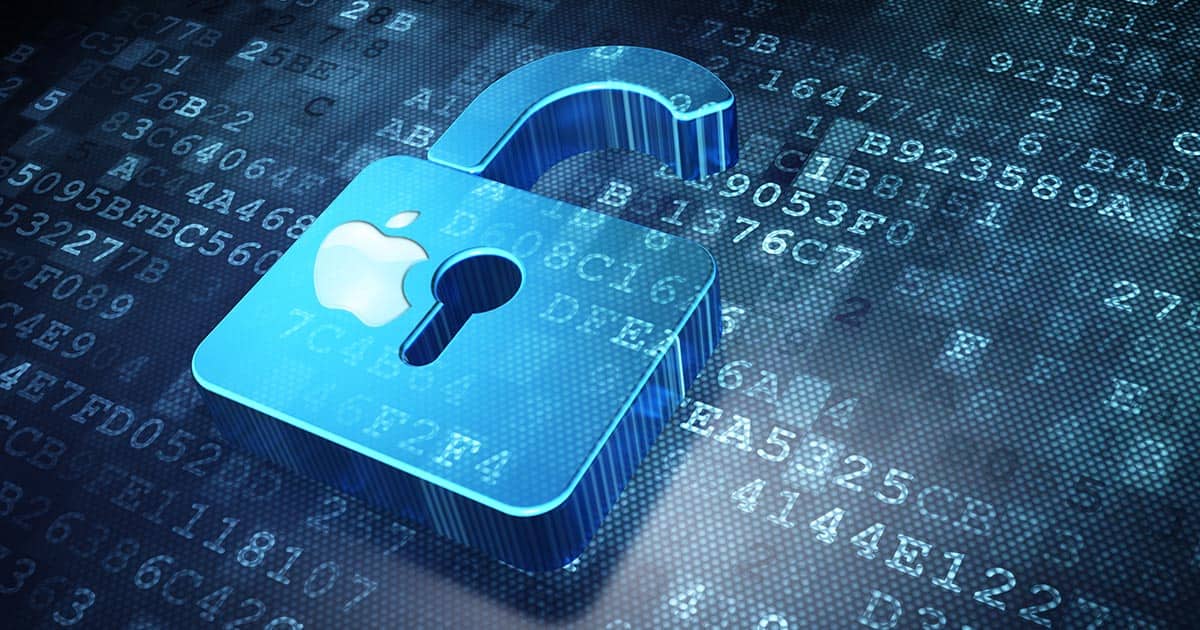LONDON – Apple was one of the major tech firms that the criticized proposals to bypass encryption by Britain’s GCHQ’s security agency. Google, Microsoft, and Facebook-owned WhatsApp also signed the letter.

GCHQ Officials Proposed ‘Ghost User’
The letter responded to a piece by Ian Levy and Crispin Robinson, senior figures at the British signals intelligence agency. Lawfare published the piece in November 2018 and NewAmerica.Org made the responding letter, originally dated May 22, 2019, public Thursday. The main issue raised in the letter was a proposal to add a so-called “ghost user” to group chats and calls. This would allow law enforcement like GCHQ to silently participate in those conversations.
The letter said this “would violate important human rights principles.” The proposal posed “serious threats to cybersecurity and thereby also threaten fundamental human rights, including privacy and free expression,” it added.
Cybersecurity Threats
The Apple-signed open letter went into more depth about the cybersecurity issues raised by the GCHQ officials’ idea. It said:
The GCHQ’s ghost proposal creates serious threats to digital security: if implemented, it will undermine the authentication process that enables users to verify that they are communicating with the right people, introduce potential unintentional vulnerabilities, and increase risks that communications systems could be abused or misused.
The letter also concluded that the principle that is the user who must be protected would be violated if Mr. Levy and Mr. Robinson’s idea happened. As well as Apple and the other big tech companies, signatories included civil society organizations like Big Brother Watch and trade associations like ACT – The App Association.